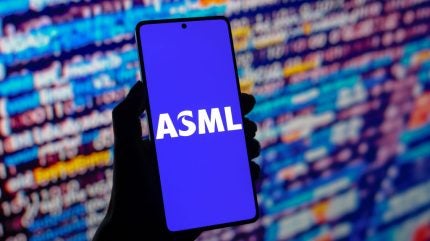
The Dutch government announced it will expand export restrictions on advanced semiconductor manufacturing equipment. The restrictions will have implications for ASML, the Dutch technology giant. They are the world’s only producer of high-end lithography machines which are needed to produce chips in wide-ranging technologies, from electronic vehicles to military equipment.
The government said the move was a national security measure, an argument echoed by the US and Japan when they’ve undertaken similar programs.
“I’ve made this decision for reasons of security. We see that technological advances have given rise to increased security risks associated with the export of this specific manufacturing equipment, especially in the current geopolitical context,” Reinette Klever, minister of foreign trade and development for the Netherlands, clarified this Friday.
While there were already restrictions on exports, the new rules apply to older models of deep ultraviolet immersion lithography systems. ASML will have to apply for export licenses through the government, which will limit exports to China.
ASML said in a statement that the shift marks a “technical change” and that it is not expected to impact its 2024 financial outlook or its “longer-term scenarios.”
Aligning with US policy
The decision comes as the US also announced the implementation of new export controls on advanced chipmaking equipment and quantum computing technologies. They also cited national security issues.
The Commerce Department’s Bureau of Industry and Security undersecretary, Alan Estevez, stated, “Aligning our controls on quantum and other advanced technologies makes it significantly more difficult for our adversaries to develop and deploy these technologies in ways that threaten our collective security.”
The Netherlands is likely seen as a key ally in this regard, as ASML is one of the most important companies in the world, with the likes of NVIDIA, in the semiconductor industry.
Worries about national security are largely aimed at China, as the US aims to limit their rival’s influence in the vital sector.
Allied tensions
The push for allies to align policy with the US has not been straightforward. China recently threatened to retaliate against Japan, who also expanded their export controls.
While Japan, like the Netherlands, did not name China by name, the move was perceived as a win for the US-led effort to isolate the Asian giant as much as possible. Domestically, there were worries about economic sovereignty and the extent of the US’s influence.
According to Reuters, the UK and other countries have already imposed similar restrictions, and other countries are expected to follow.



